Jamaica, with its lush landscapes and diverse ecosystems, is home to a wide array of wildlife. From the vibrant coral reefs teeming with marine life to the dense jungles harboring elusive creatures, the island offers a rich tapestry of natural wonders to explore. However, amid this beauty lies potential dangers that both locals and travelers should be aware of. We'll delve into Jamaica's wildlife, highlighting the unique characteristics of each species and why they are considered dangerous.
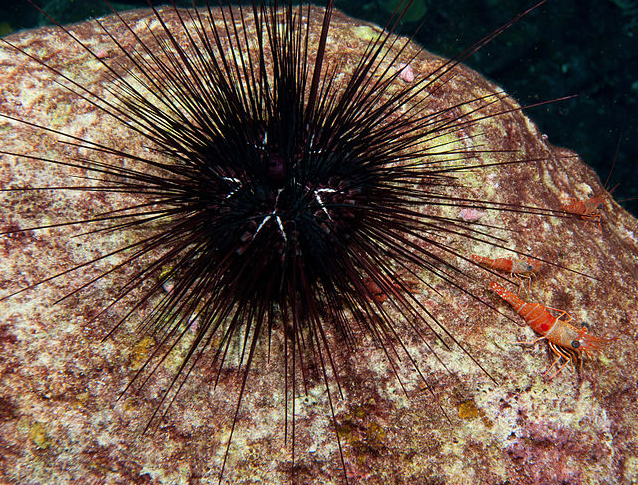
1. Sea Urchins: Deceptive Beauties of the Reef
Sea urchins, with their intricate patterns and vibrant colors, often attract the attention of curious swimmers and divers. However, concealed within their needle-like spikes lies a potent toxin capable of causing organ failure. Found in the coastal reefs of the Caribbean Sea, these seemingly harmless creatures serve as a reminder to exercise caution when exploring underwater environments.
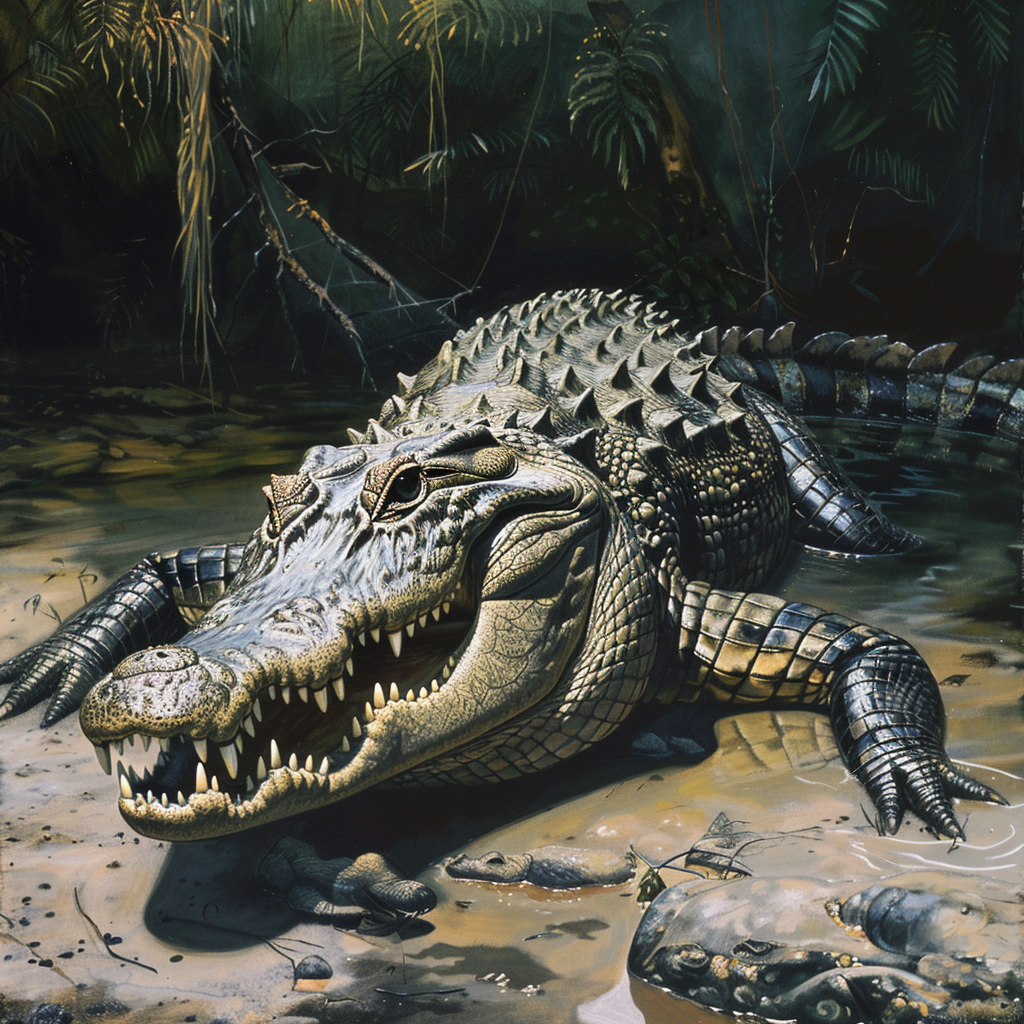
2. Crocodiles: Guardians of the Wetlands
The American crocodile, with its formidable size and powerful jaws, is one of Jamaica's most iconic reptiles. While encounters with these apex predators are rare, their presence in wetland habitats across the island demands respect and vigilance. Locals and travelers alike should heed warning signs and seek guidance from knowledgeable experts to avoid potential conflicts with these ancient beasts.

3. Tiger Sharks: Masters of the Caribbean Waters
Tiger sharks, known for their distinctive stripes and formidable size, roam the warm waters of the Caribbean Sea. With their keen sense of smell and powerful jaws, these apex predators command respect from swimmers and divers alike. While attacks are rare, it's essential to exercise caution and avoid venturing into deep waters alone, especially in areas known to be frequented by sharks.
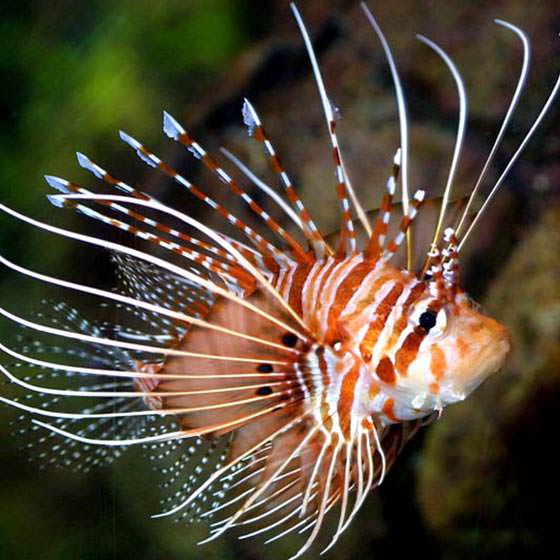
4. Scorpionfish: Camouflaged Predators of the Reef
Camouflaged among the coral reefs, scorpionfish lurk in wait for unsuspecting prey. Armed with venomous spines capable of delivering a painful sting, these elusive creatures pose a threat to snorkelers and divers exploring Jamaica's underwater ecosystems. Exercise caution and refrain from touching unfamiliar marine life to avoid potential encounters.
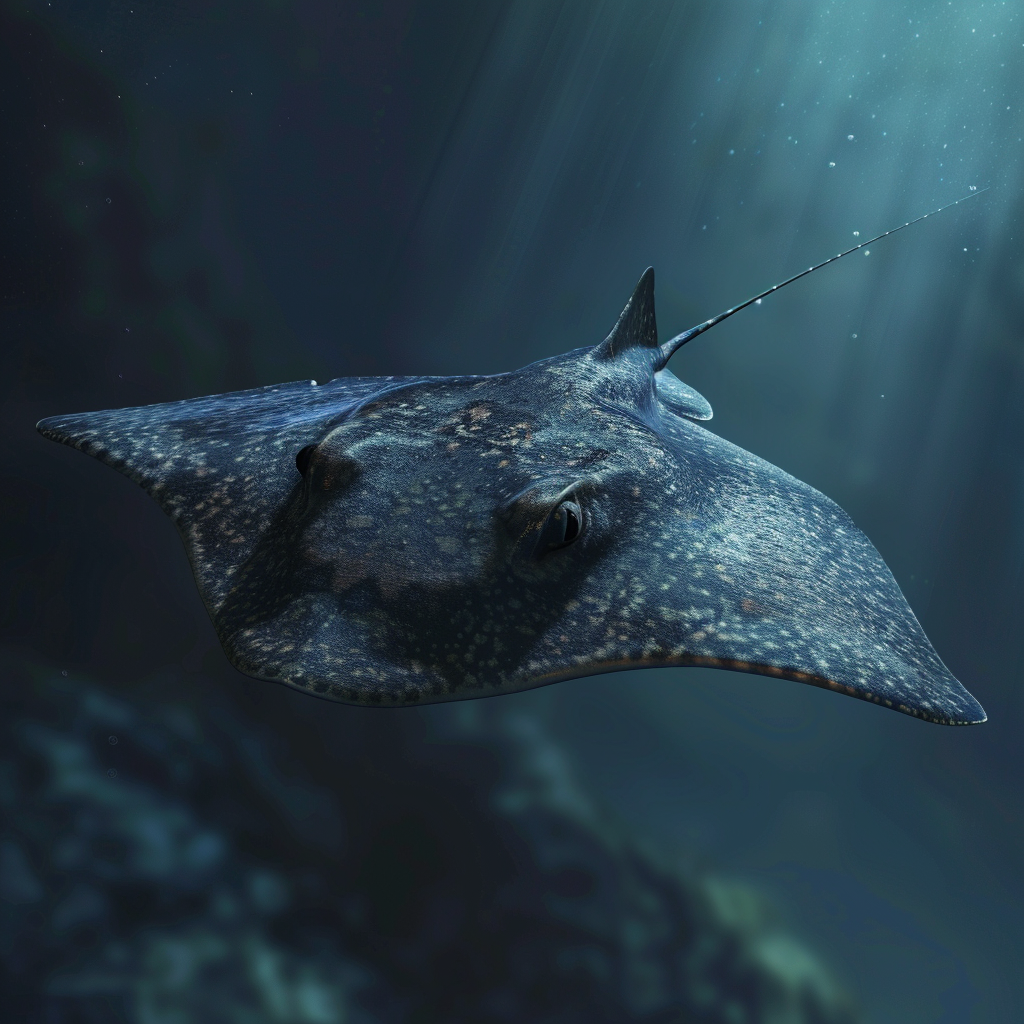
5. Stingrays: Stealthy Predators of the Seabed
Stingrays, with their flattened bodies and barbed tails, are masters of stealth in Jamaica's coastal waters. While encounters are rare, their venomous stingers can cause serious harm if provoked or stepped on. Swimmers should be mindful of their presence and seek advice from local experts on safe swimming areas to avoid potential encounters.

6. Spiders: The Hidden Dangers of Jamaica's Jungles
Jamaica is home to a diverse array of spider species, including the notorious brown recluse. With its venomous bite capable of causing serious complications, encounters with these arachnids should be avoided whenever possible. Exercise caution when exploring Jamaica's jungles and seek immediate medical attention if bitten.
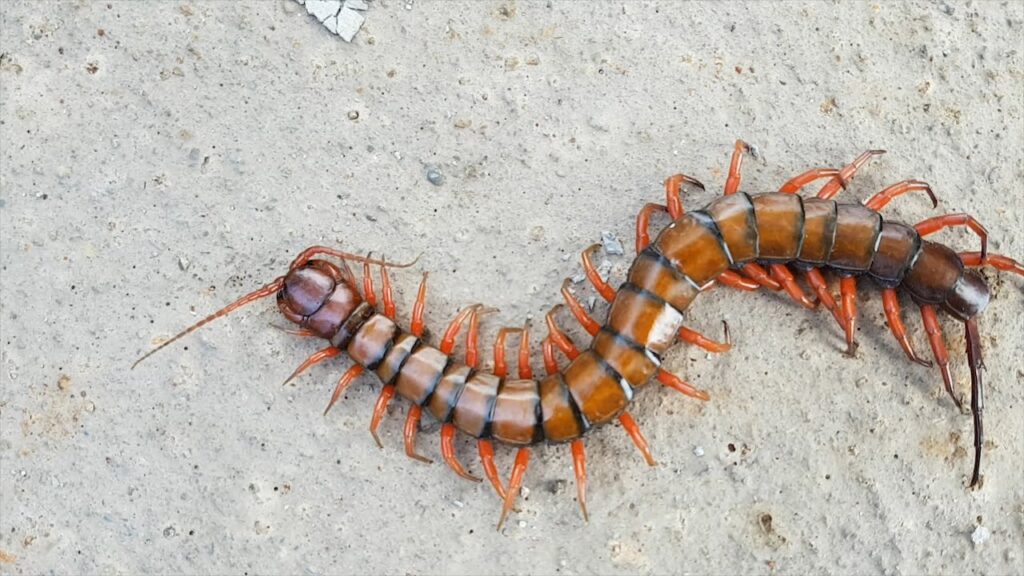
7. Forty Legs: Tiny Terrors of the Undergrowth
Despite their diminutive size, the forty leg is a formidable predator with a venomous bite that can lead to serious complications. Found lurking in the undergrowth of Jamaica's forests, these elusive creatures serve as a reminder of the dangers that can lurk beneath the surface. Exercise caution when exploring wooded areas and seek medical attention if bitten.

8. Pit Bulls: Domestic Dangers in Jamaican Communities
While not native wildlife, pit bulls are common pets in Jamaican communities and can pose a risk if not properly trained and supervised. Responsible pet ownership and education are essential to preventing potential attacks and ensuring the safety of both humans and animals alike.

9. Jellyfish: Translucent Threats of the Sea
Jellyfish, with their translucent bodies and trailing tentacles, can deliver a painful sting to unsuspecting swimmers. While encounters are rare, it's essential to be mindful of their presence in Jamaica's coastal waters and seek medical attention if stung to avoid complications.
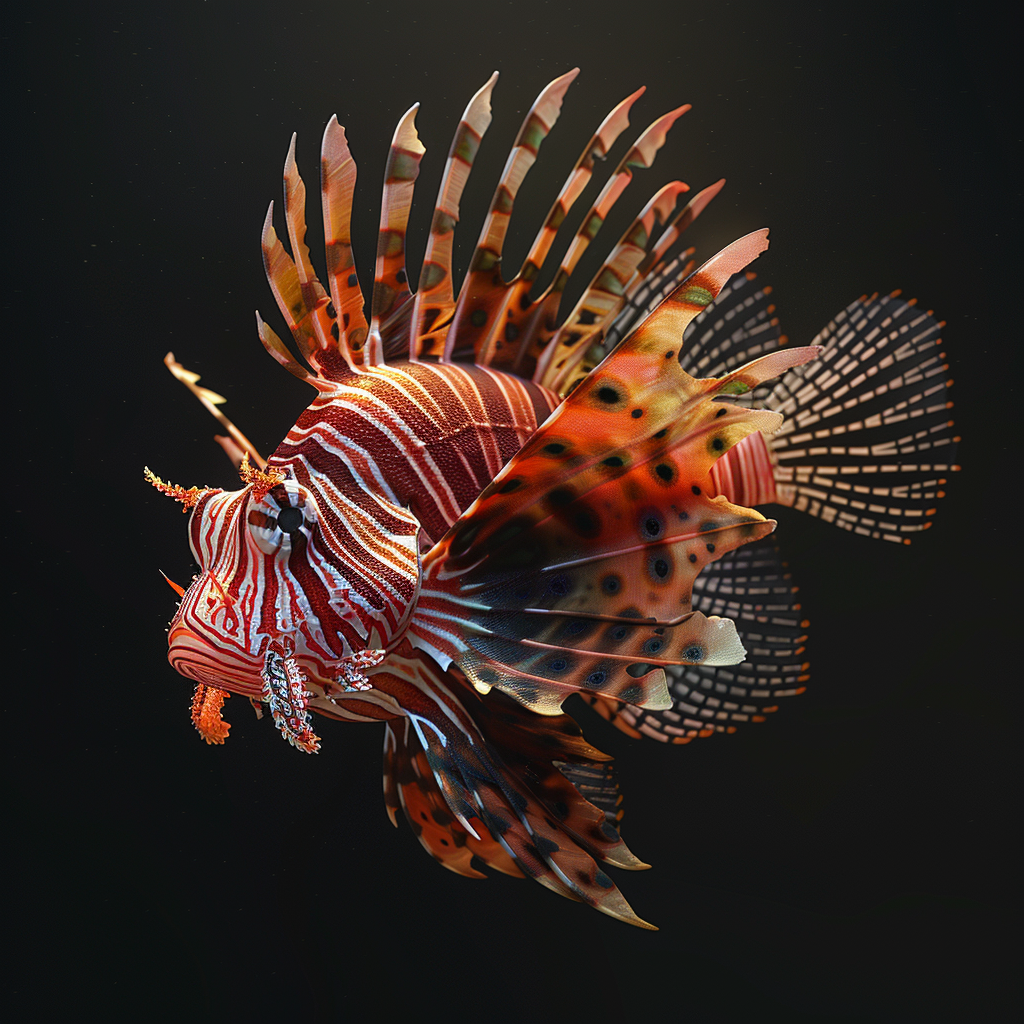
10. Lionfish: Beautiful Yet Venomous Invaders
Lionfish, admired for their striking appearance, possess venomous spines that can cause respiratory issues and other symptoms if stung. Divers should exercise caution and avoid contact with these invasive predators to prevent potential injury.
In conclusion, Jamaica's wildlife offers a fascinating yet potentially hazardous environment for both locals and travelers. By staying informed, exercising caution, and respecting the natural world, individuals can enjoy a safe and enriching experience exploring the wonders of the island's biodiversity.
